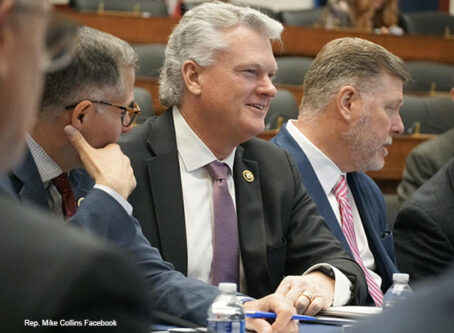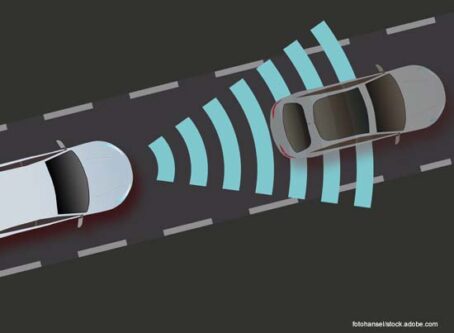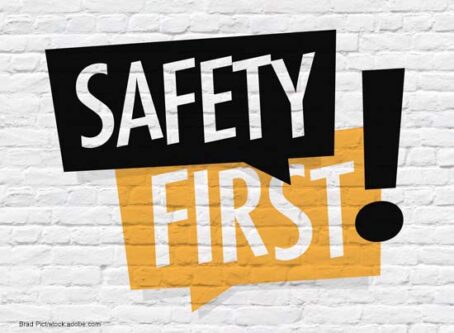Driver compensation meeting open to public
The National Academies of Sciences’ Transportation Research Board will continue its truck driver compensation study with a public meeting on Wednesday, Jan. 18, in Washington, D.C.
Those who can’t attend in public will have the opportunity to participate online.
The driver compensation study, which was mandated by Congress, aims to analyze the “impacts of alternative compensation methods on truck driver retention and safety performance.”
“An ad hoc study committee will examine the impacts of existing methods of compensation on commercial motor vehicle driver retention and safety performance in the U.S. long-haul trucking and intercity bus sectors,” according to the National Academies website.
The committee will try to determine if there are relationships between compensation methods, driver retention, driving behaviors, and safety performance. After the study is completed, the committee will produce a final report about the effects of compensation methods and other relevant factors on driver retention and safety performance.
Wednesday’s open meeting will begin at 8:30 a.m. Eastern time and run until 4:30 p.m. The agenda calls for remarks by FMCSA Administrator Robin Hutcheson at 8:50 a.m. and an overview of the study by FMCSA’s Thomas Keane at 9 a.m.
Tom Weakley of the OOIDA Foundation is scheduled to offer a presentation focused on independent contractors at 1:45 p.m.
The afternoon will also include presentations from two professors who have been advocates for improving compensation in the trucking industry.
Steve Viscelli, a professor at the University of Pennsylvania and author of “The Big Rig, Trucking and the Decline of the American Dream,” is scheduled to present at 3 p.m.
Michael Belzer, a professor at Wayne State University in Detroit, who has 750,000 miles of truck driving experience, will present at 3:30 p.m.
Viscelli and Belzer both participated in a driver retention roundtable discussion hosted by the U.S. Department of Transportation and U.S. Department of Labor in 2021.
“Our current driver pipeline is organized backward,” Viscelli said at the roundtable discussion. “It throws workers into the deep end with almost no support. They start out in schools with little investment in their long-term success, and then most of them can only get the toughest jobs working over the road for weeks or months at a time without the system’s promise of free training, but then lock workers into a year of working 80 or more hours per week, often for minimum wage or less.”
Belzer told the agencies that there is a link between compensation and safety.
“Truck driving must become a good job again, and we have to take direct steps to make it a good job,” Belzer said. “That’s the only solution.
“For the Labor Department, all work time is payable,” he said. “Labor defines work as service to an employer. Broadly speaking, workers expect their employer to pay for all of their work. This regulation covers almost all of the labor market for production workers. The Transportation Department, on the other hand, allows employers to declare drivers off duty while keeping them on the job. Off-duty drivers don’t get paid … The government can actually fix this.”
Those wanting to watch Wednesday’s presentations online can register here.
The committee also is scheduled to play host to a closed-door meeting on Thursday, Jan. 19. LL









